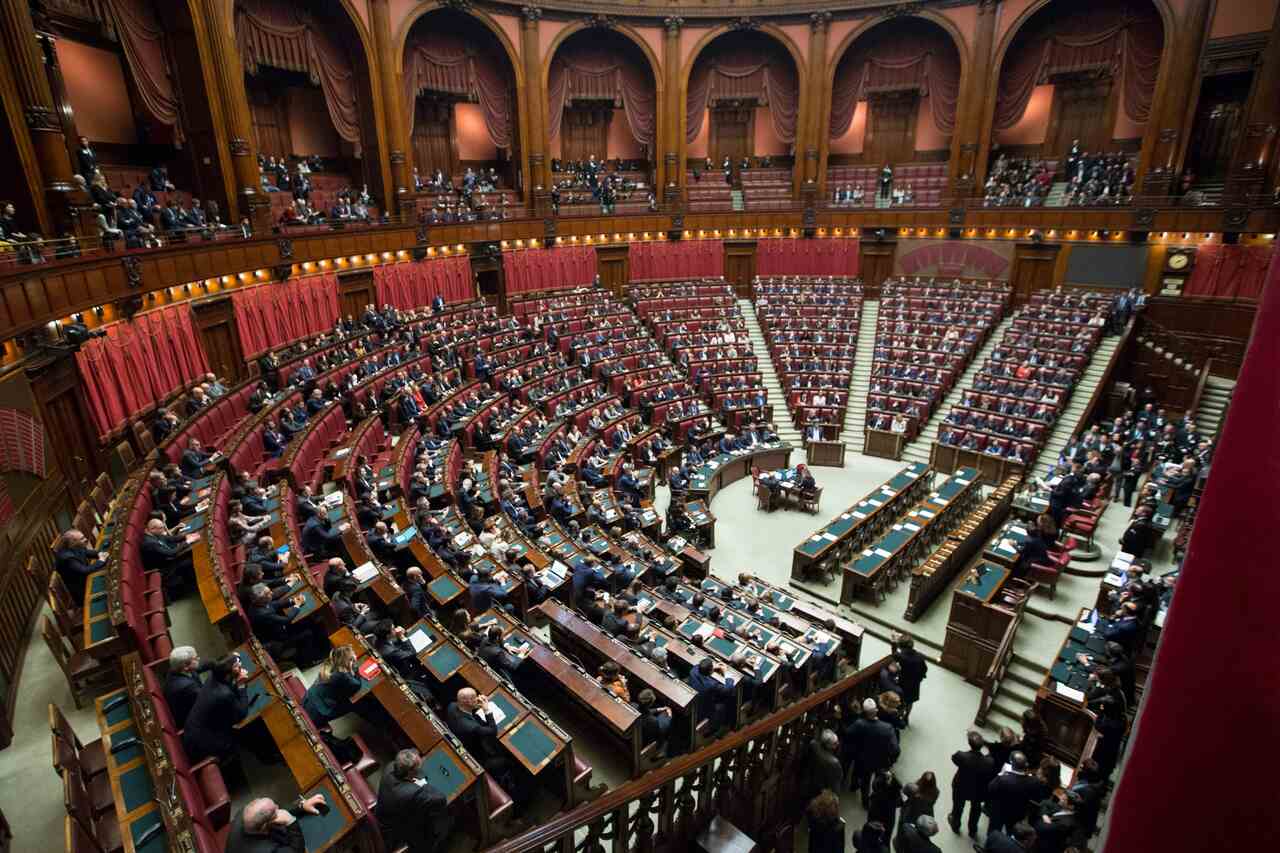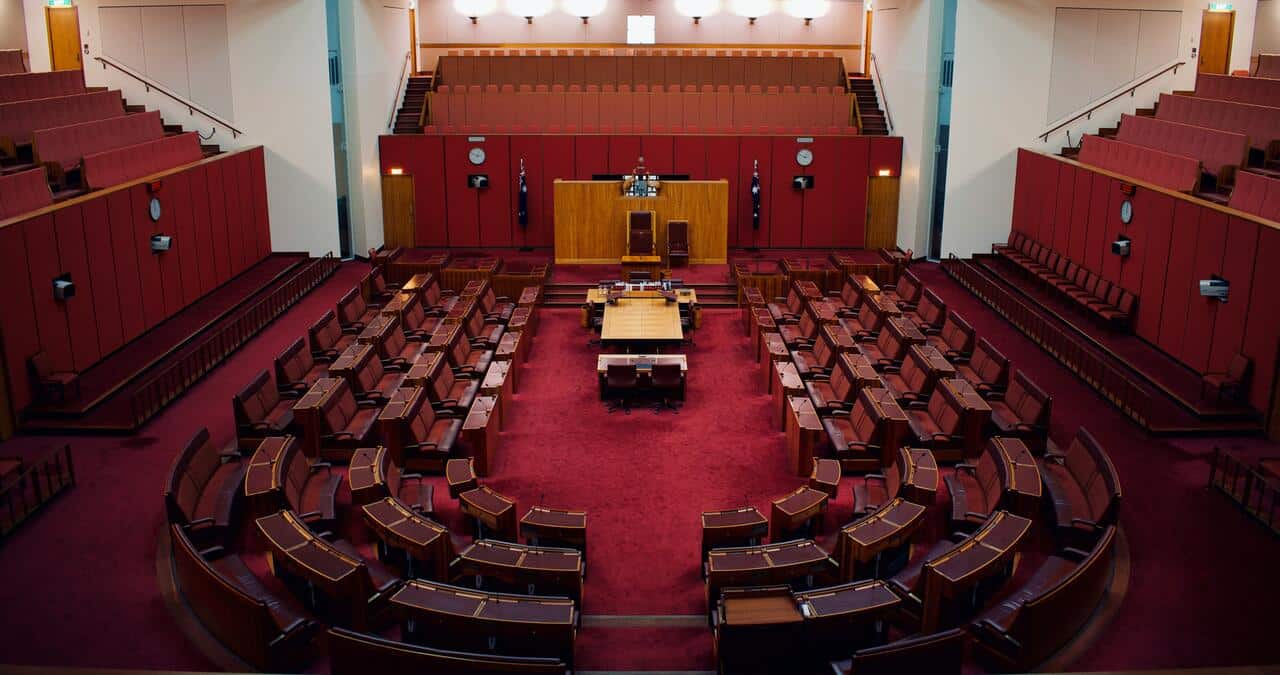
Spanish Political Terms: Vocabulary List
DATE:
Did you know that Spain’s political system is a fascinating blend of ancient traditions and modern democracy? Whether you’re brushing up on your political vocabulary in Spanish or diving into the intricacies of the Spanish government vocabulary, this guide has got you covered. Let’s explore the key terms, parties, and principles that shape Spanish politics.
Key Terms for Understanding Spanish Politics
Democracy
The term democracia (democracy) is foundational to Spanish politics. In Spain, democracy is characterized by the fair and free election of government officials by the people. Understanding this term helps in grasping the broader concept of governance in Spain.
Republic
While Spain is not a republic, the term república is still significant in historical contexts and political discourse. A republic is a state where the country is considered a “public matter” and the head of state is elected. Many Spanish-speaking countries in Latin America are republics.
Monarchy
Spain is a monarquía (monarchy), specifically a parliamentary monarchy. This means that while there is a king, his powers are limited by a constitution and political decisions are made by elected officials.
The Spanish Political System: A Brief Overview
Parliamentary Monarchy
Spain’s political system is a monarquía parlamentaria (parliamentary monarchy). This means that the king’s role is largely ceremonial, with real political power resting in the hands of elected representatives.
Prime Minister
The Presidente del Gobierno or Primer Ministro (Prime Minister) is the head of government. This individual is appointed by the monarch but must have the confidence of the Congress of Deputies.
Congress of Deputies
The Congreso de los Diputados (Congress of Deputies) is the lower house of Spain’s legislative branch. It plays a crucial role in passing laws and overseeing the government.

Political Parties in Spain: A Diverse Landscape
PSOE (Spanish Socialist Workers’ Party)
The Partido Socialista Obrero Español (PSOE) is one of Spain’s major political parties. It is a center-left party known for advocating social justice and economic equality.
PP (People’s Party)
The Partido Popular (PP) is a center-right party focused on free-market policies, national unity, and traditional values. It often competes closely with PSOE in elections.
Podemos
Podemos is a newer political force in Spain, emerging from social movements and advocating for more direct democracy and anti-austerity measures.
The Spanish Constitution: Fundamental Principles and Rights
Fundamental Rights and Freedoms
The Constitución Española enshrines fundamental rights and freedoms, such as freedom of speech (libertad de expresión) and the right to privacy (derecho a la privacidad).
Separation of Powers
The Spanish Constitution ensures a clear separación de poderes (separation of powers) among the executive, legislative, and judicial branches, preventing any one branch from becoming too powerful. This principle is fundamental to maintaining a balanced and fair government structure.
Engaging in Political Discourse in Spanish
Expressing Opinions
When discussing politics in Spanish, it’s important to know how to express your opinions respectfully and clearly. Phrases like “En mi opinión” (In my opinion) and “Yo creo que” (I believe that) are useful starters.
Debating Issues
Engaging in political debates requires not just vocabulary but also cultural understanding. Phrases such as “Estoy de acuerdo” (I agree) and “No estoy de acuerdo” (I disagree) help in articulating your stance.
Respectful Communication
Maintaining respect is crucial, especially in political discussions. Use polite forms like “¿Qué piensas sobre…?” (What do you think about…?) to invite dialogue and ensure conversations remain constructive.
Political Vocabulary in Spanish: A Handy Table
To help you get started, here’s a handy table of some common political terms in Spanish and their English equivalents.
|
Spanish Term |
English Translation |
|---|---|
|
Gobierno |
Government |
|
Política |
Politics |
|
Elección |
Election |
|
Presidente |
President |
|
Democracia |
Democracy |
|
República |
Republic |
|
Monarquía |
Monarchy |
|
Primer Ministro |
Prime Minister |
|
Congreso de los Diputados |
Congress of Deputies |
|
Constitución |
Constitution |
|
Derechos |
Rights |
|
Libertades |
Freedoms |

Embrace the Complexity of Spanish Politics
Understanding Spanish political terms and the Spanish political system can open doors to deeper cultural and social insights. From grasping the key roles in government to engaging in thoughtful discourse, this knowledge enriches your perspective on Spain’s dynamic political landscape.
SpanishVIP is here to support you on your journey. Whether you want to dive deeper into political vocabulary or enhance your overall Spanish skills, our Dedicated Teachers and Student Success Advisors are ready to help. Start with a free 1:1 class or enjoy a free 7-day trial of our group classes. Embark on your learning adventure today and become proficient in Spanish political discourse!
By mastering these terms and concepts, you’ll not only improve your language skills but also gain a richer understanding of Spanish culture and society. So, why wait? Begin your journey with SpanishVIP and take the first step towards becoming a fluent speaker and an informed participant in Spanish political conversations.








